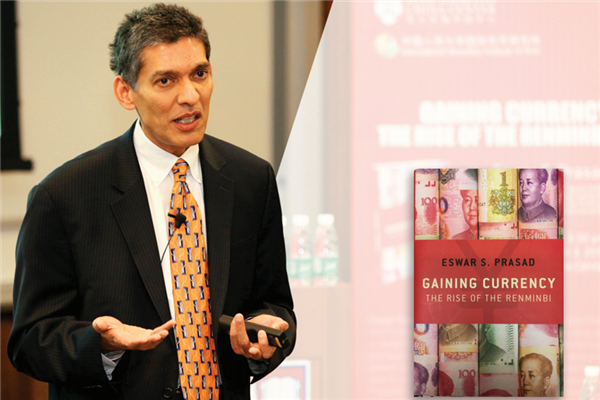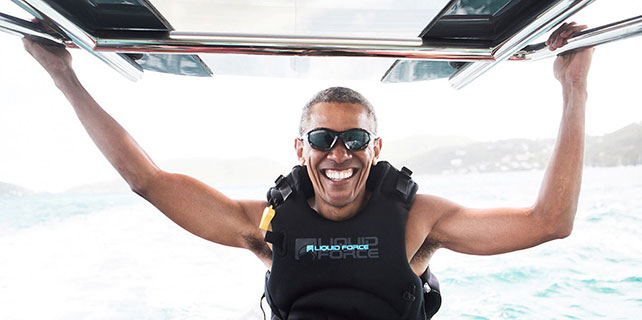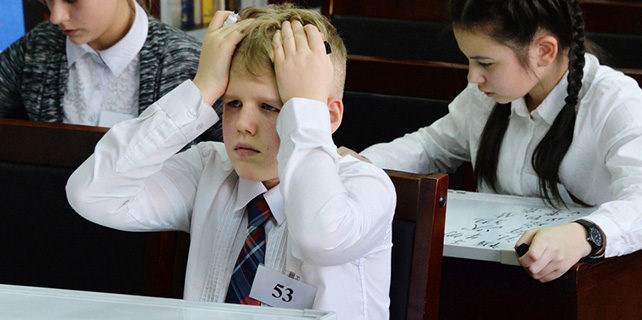An economic realist
 |
|
Economist Eswar Prasad disagrees with US President Donald Trump's assertion that China is intentionally keeping its currency lower so it can sell more goods on the world's markets. Prasad says that China is actually intervening to prevent the renminbi, or yuan, from dropping too much against the dollar. [Photo provided to China Daily] |
Eswar Prasad offers his insights into China's reform and development past, present and future
Eswar Prasad does not agree with US President Donald Trump's charge that China is manipulating its currency, but he believes it is tempting for Trump to say that.
From the start of his presidential campaign in June 2015, Trump has accused countries like China, Japan and Germany of manipulating their currencies. His claim against China was dismissed by many economists who argued that China actually has been propping up its currency, the renminbi, also known as yuan, from devaluation, thereby helping the US economic competitiveness.
In an article in late December, Prasad, an economist and former head of the China Division at the International Monetary Fund (IMF), blasted Trump's statement that China was "raping" the US economy through an unfair trade policy and currency manipulation as "dangerous, as they are unmoored from reality".
"Make no mistake: Trump's accusation of Chinese currency manipulation is not supported by the facts. On the contrary, for the last 2 1/2 years, the People's Bank of China (PBOC) has been intervening in currency markets for the opposite purpose: to prevent the renminbi's value from falling too sharply against the dollar," Prasad, now a professor at Cornell University and a senior fellow at the Brookings Institution, wrote in the article on Project Syndicate.
He said last week that the reason behind Trump's possible naming of China as a currency manipulator was his campaign promise to bring back jobs to the US.
"That is very difficult to do very quickly. But I think it's very important for his political base that he does something," Prasad told China Daily.
Tensions in trade
A study by the Center for Business and Economic Research at Ball State University showed that 85 percent of the 5.6 million job losses in the US between 2000 and 2010 were due to technological change, mainly innovation, rather than global trade.
"But it's easier to blame trade, especially to blame China," said Prasad, sitting in the sunlight at a table by a window in the Brookings caf.
Prasad believes that Trump might take some tough actions against China to keep his political base happy. That, he said, could include officially calling China a currency manipulator and even imposing some tariffs on imports.
He is concerned that such actions would incite aggressive acts from China ahead of the 19th Party Congress this fall. "So I fear this could set off a fairly aggressive trade war for the two sides," he said.
While some hope that Trump, as a pragmatic businessman, understands well that the US will also suffer heavily in a trade war, Prasad believes that the risk is that political factors may override economic factors.
He warned that nobody wants a trade war because both the US and China will find it mutually harmful. "I hope there will be more sensible policies taken," he said. Right now, he sees uncertainty.
"I hope this will not be the case. Many economists hope this will not be the case. This is not good for the US economy, but it may still happen," Prasad said of a possible economic conflict between the world two largest economies.









